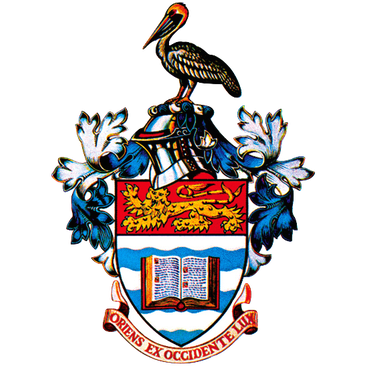📖Program Curriculum
Concordia University offers a Bachelor of Science (BSc) program in Environmental and Sustainability Science. This program is designed for students who have a keen interest in understanding and addressing environmental challenges and promoting sustainable practices.
Here is a general overview of the Environmental and Sustainability Science (BSc) program at Concordia University:
Core Science Courses:
Students in the BSc program, specializing in Environmental and Sustainability Science, take core science courses in disciplines such as biology, chemistry, physics, and mathematics. These courses provide a solid foundation in scientific principles and methods that are essential for studying environmental and sustainability issues.
Environmental Science and Sustainability Courses:
The program offers a range of courses that focus on environmental science and sustainability. Students study topics such as ecology, environmental chemistry, climate change, biodiversity, natural resource management, and environmental policy. These courses provide students with a comprehensive understanding of the complex interactions between human activities and the natural environment.
Fieldwork and Laboratory Experience:
The program may include fieldwork components and laboratory experiences to provide students with hands-on learning opportunities. Students may have the chance to conduct field research, collect and analyze environmental data, and participate in field trips to study ecosystems, conservation areas, or sustainable practices in action.
Interdisciplinary Approaches:
The program takes an interdisciplinary approach to environmental and sustainability science. Students explore the social, economic, and cultural dimensions of environmental issues alongside the scientific aspects. They examine the intersection of science, policy, and society, and develop a holistic understanding of the challenges and opportunities for sustainability.
Research and Problem-Solving Skills:
Students develop research skills and problem-solving abilities through their coursework. They learn to analyze environmental data, conduct scientific investigations, and apply critical thinking to address real-world environmental challenges. The program may also include research projects or opportunities for students to work on interdisciplinary teams to tackle sustainability issues.
Electives and Specializations:
Students have the opportunity to choose elective courses based on their interests and career goals. They may focus their studies on specific areas within environmental and sustainability science, such as conservation biology, environmental policy and planning, environmental assessment, or sustainable development. This allows students to tailor their degree to their specific interests and career aspirations.
It's important to note that the specific courses and requirements may vary, and it's recommended to refer to Concordia University's official website or contact the university directly for the most accurate and up-to-date information about their Bachelor of Science (BSc) program in Environmental and Sustainability Science.
Show less
Show more














